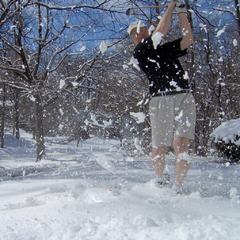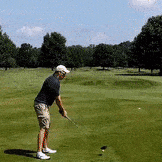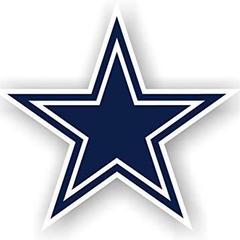IGNORED
The Stack and Tilt Golf Swing
-
Topics Being Discussed Right Now on The Sand Trap
-
- 8,483 replies
- 384,753 views
-
- 1 reply
- 133 views
-
- 12 replies
- 523 views
-
Srixon Buy Two Dozen Get One Dozen Free Golf Balls.
By ChetlovesMer, in Balls, Carts/Bags, Apparel, Gear, Etc.
- 0 replies
- 67 views
-
"5 Minutes Daily" Practice Challenge 1 2 3 4 910
By iacas, in Instruction and Playing Tips
- 5 minutes daily
- dedication
- (and 6 more)
- 16,375 replies
- 1,132,999 views
-







Recommended Posts
Create an account or sign in to comment
You need to be a member in order to leave a comment
Create an account
Sign up for a new account in our community. It's easy!
Register a new accountSign in
Already have an account? Sign in here.
Sign In Now